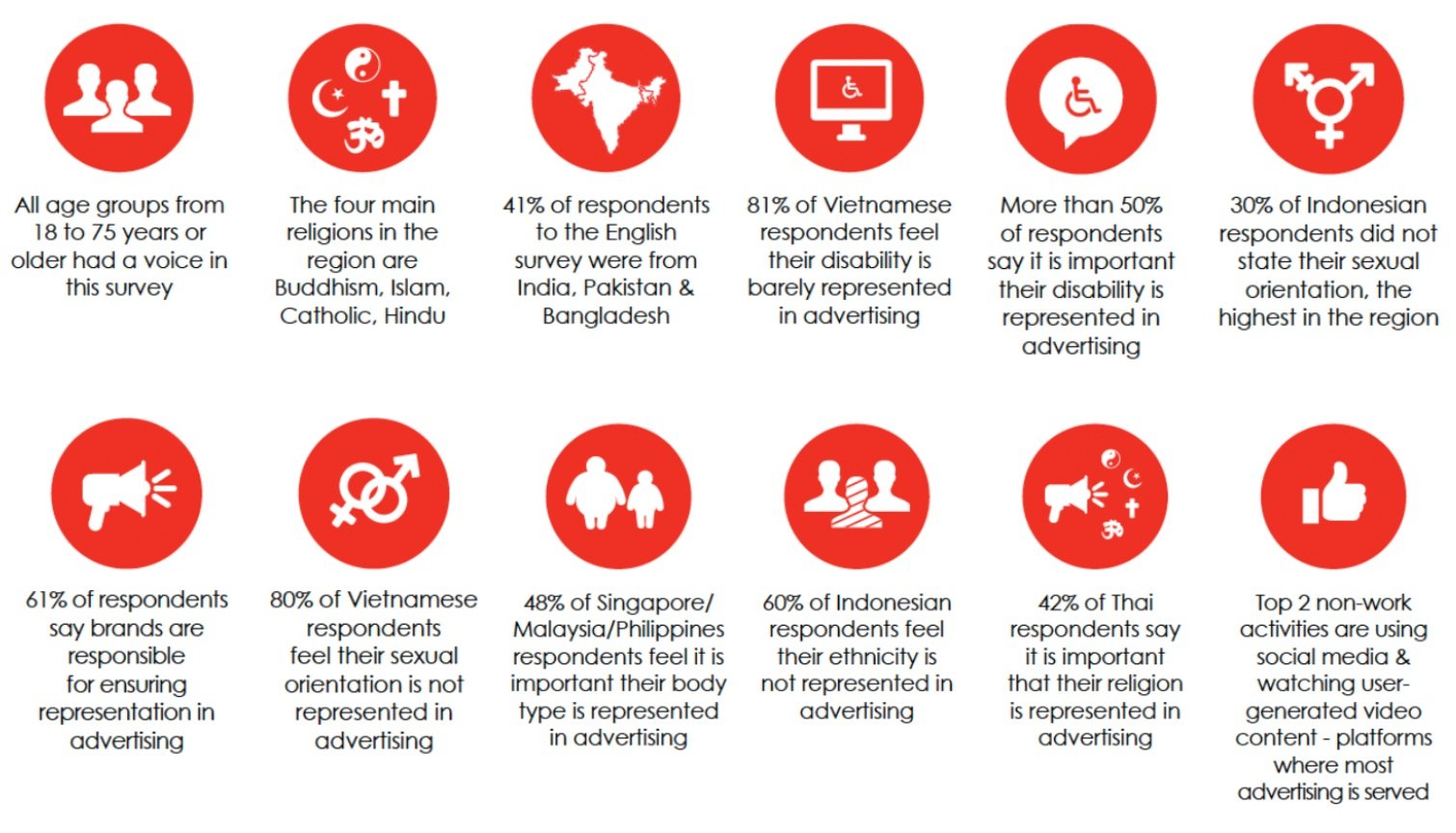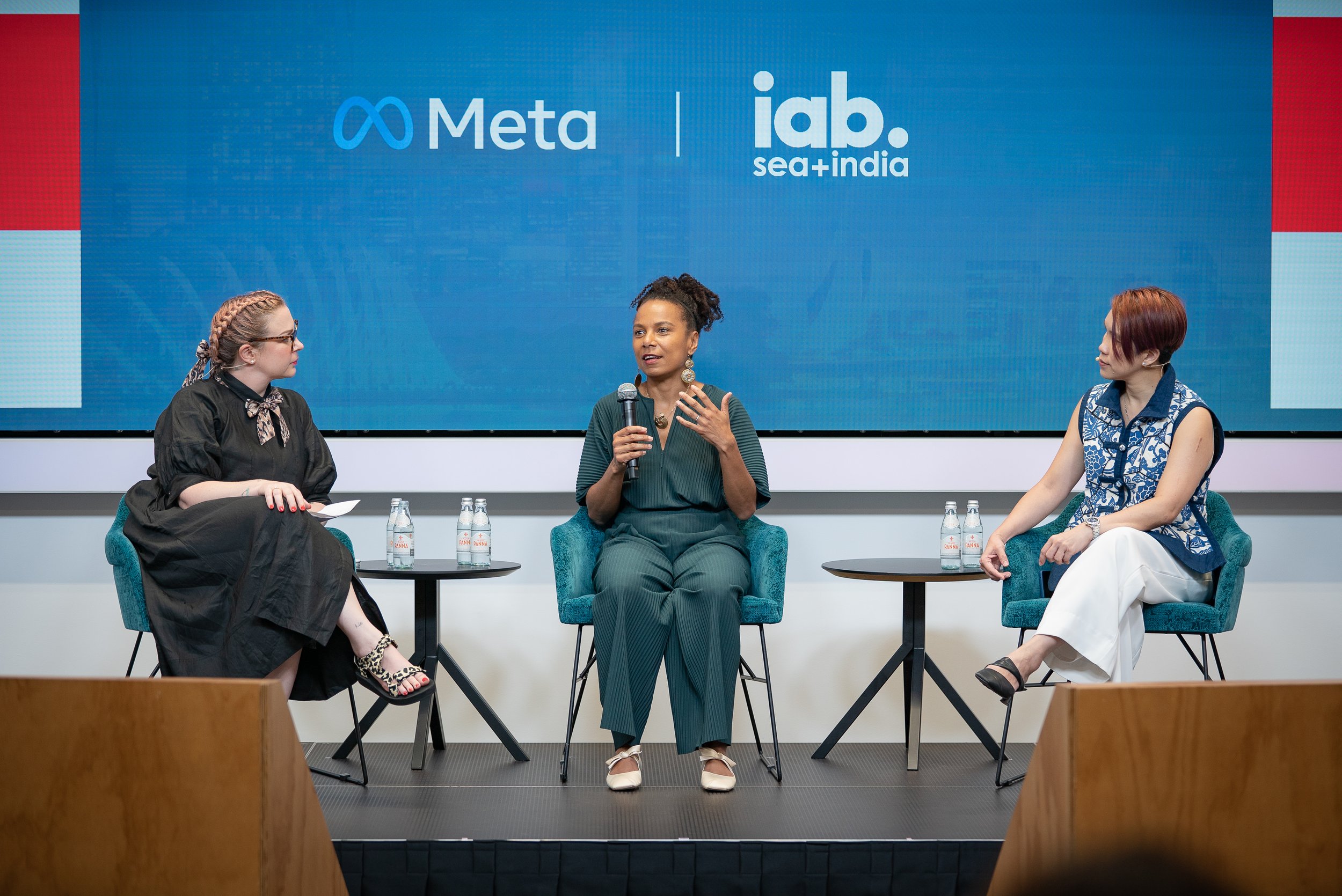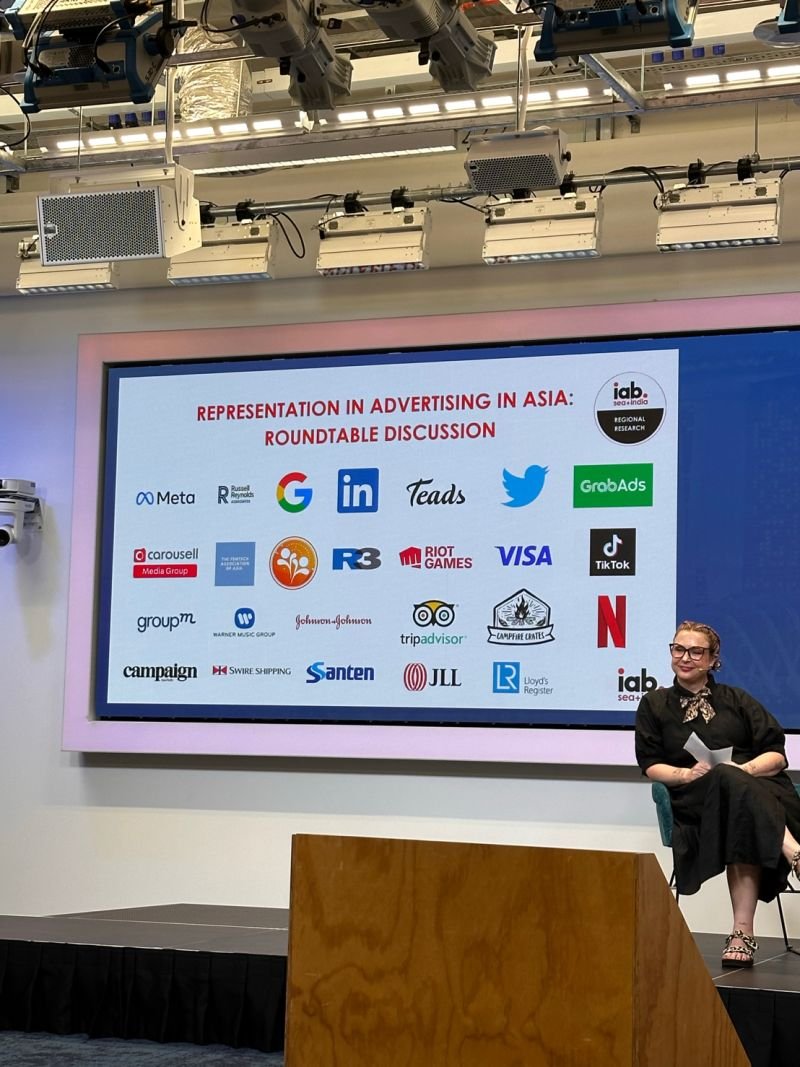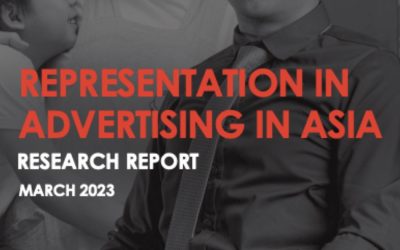Dear All
I’m originally from NZ where the tangata whenua, the Maori indigenous people hold a strong position in society. We learn the Maori language in school and for common words we use the local language. Tena kotou is hello, haere ra is see you later, whanau is family, and Aotearoa is what we call New Zealand; it means Land Of The Long White Cloud.
However there has also been a societal imbalance, an asymmetry where the Maori are concentrated in areas of unskilled employment, where wages are low and unemployment rates are high. The initiatives by the government to even the balance is impressive and there has been legislative and societal change to protect the Maori, their iwi (tribes), as well as appropriate education to preserve the language and culture to prevent the decline that can often come with urbanisation.
Growing up in Aotearoa showed me the impact of social justice, and that you can balance the scales of marginalisation with dedicated community effort. This is why it is an honour to introduce our new regional research report, Representation in Advertising in Asia.
It has taken 12 months to bring this report to life, beginning when our IAB SEA+India Regional Board realised there isn’t any Asia-specific research into how our consumers feel about the advertising they see. So we established a special project group to carry out this research ourselves. The group and our in-house research team created a survey to find out how people identify themselves, for example, gender, sexual orientation, ethnicity, religion, body type, age, and if they have any disabilities whether seen or unseen.
We also asked about their online behaviours, how respondents feel they are represented in online advertising and whether the advertising they see influences their purchasing decisions.
The results tell us that there is a ginormous opportunity to increase representation in the advertising we’re creating in this region, because people want to see themselves in advertisements. There is already a wealth of research and acknowledgement proving that representation is not just good business, it’s GREAT business, and our research validates this.
representation in the advertising we’re creating in this region, because people want to see themselves in advertisements. There is already a wealth of research and acknowledgement proving that representation is not just good business, it’s GREAT business, and our research validates this.
 Last week our IAB SEA+India Regional Board members, along with their company DEI leads, joined a DEI Roundtable with other regional brands, hosted at Meta. At this closed session we revealed our research report and discussed the findings. I had the privilege to moderate a panel discussion with Maxine Williams, Chief Diversity Officer, Meta and Shoon Lim, DEI Leader and Advisor, Russell Reynolds. We discussed why there is a disconnect between what audiences want and what marketers are creating. We also talked about how most company DEI frameworks and policies are US/UK centric (even if they’re called global) and the need to create Asia-specific standards.
Last week our IAB SEA+India Regional Board members, along with their company DEI leads, joined a DEI Roundtable with other regional brands, hosted at Meta. At this closed session we revealed our research report and discussed the findings. I had the privilege to moderate a panel discussion with Maxine Williams, Chief Diversity Officer, Meta and Shoon Lim, DEI Leader and Advisor, Russell Reynolds. We discussed why there is a disconnect between what audiences want and what marketers are creating. We also talked about how most company DEI frameworks and policies are US/UK centric (even if they’re called global) and the need to create Asia-specific standards.
Maxine talked about Meta’s Ads for Equality, a tool that helps brands and agencies create inclusive campaigns, showing examples proving that representation is better for business. Representation internally within marketing businesses is equally important, and Shoon gave an example from Mastercard who have created bank cards for the blind and visually impaired.
I shared how thrilled I was to create an avatar in Horizon Workrooms (where we host our virtual board meetings) that looked just like me and how I was even more thrilled to see my fellow Regional Board Members’ avatars who looked just like them, given we all look remarkably different IRL. We discussed how the metaverse will become a connecting platform that transcends language and location creating borderless social and business opportunities for consumers and marketers.
 We also talked about the status quo in marketing in our region where it can feel as if some people are comfortable with this lack of representation as they support International Women’s Day and have some fantastic award entries listing their training programmes.
We also talked about the status quo in marketing in our region where it can feel as if some people are comfortable with this lack of representation as they support International Women’s Day and have some fantastic award entries listing their training programmes.
So what are the next steps? I’ve raised my hand for the IAB SEA+India to spearhead the enhancement of DEI principles for this region. We’ll be working with our Members on how to address the status quo and the fear of backlash in some of the markets that have sensitive political climates. We will be raising awareness for the tools and resources already available to improve representation, such The Unstereotype Alliance and Ads for Equality, so you can show the improved performance statistics. We will establish frameworks and guidelines that will help businesses in this region improve their bottom line through greater representation.
Finally, thank you to Meta for hosting our Representation in Advertising in Asia launch and to Shawn Lim from Campaign APAC for his support. I’d like to say an even bigger thank you to the IAB SEA+India Research Team and the IAB SEA+India Regional Board special project group who helped bring this to life.
If you’d like to be involved in our Representation working group, please let me know by contacting hello@iabseaindia.com.
Haere ra
Miranda Dimopoulos
Regional CEO, IAB SEA+India

